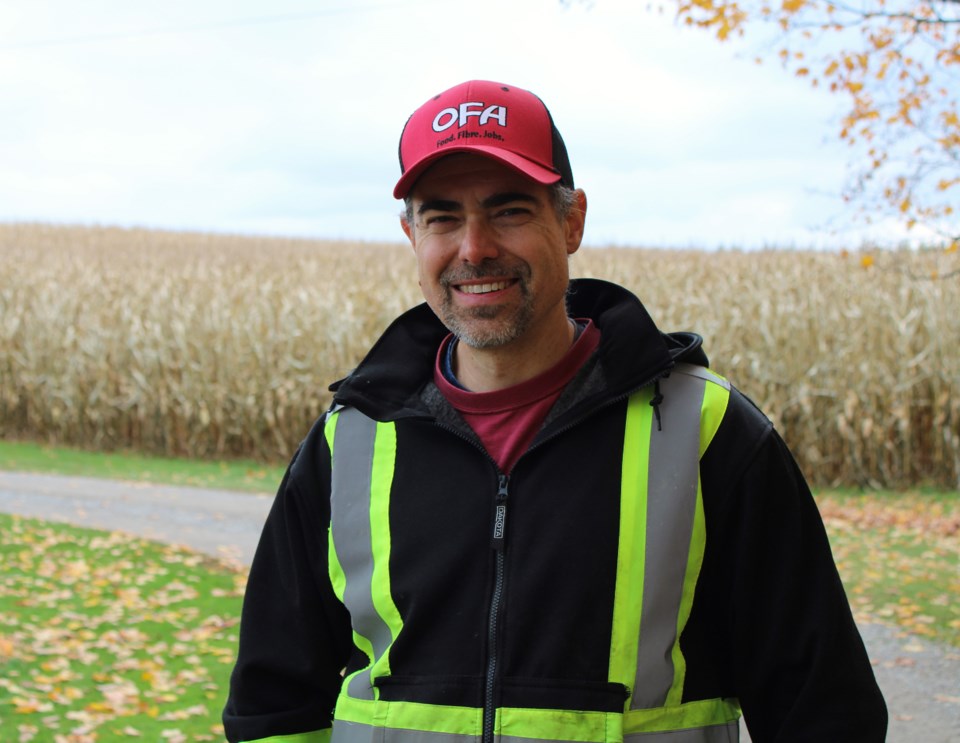WELLINGTON ‒ The Wellington Federation of Agriculture believes battery energy storage systems should not be placed on prime agricultural land.
In a new letter, the Wellington Federation of Agriculture (WFA) is requesting Wellington County implement eight policy and contractual obligations to protect prime ag as some local municipalities begin to debate whether to provide municipal support for several new proposals for local battery energy storage systems (BESS).
This follows Centre Wellington's decision to support two BESS facilities on prime ag in Belwood and Fergus earlier this week.
Storing electrical energy in batteries for later use, BESS act as a form of both supply and demand by storing low-cost power during off-peak periods and feeding it back into the grid when the demand for electricity is highest and can be "particularly useful" when integrating renewable resources like wind and solar.
"Step one should be to protect farmland and exercise all alternative options prior to sitting on agricultural land," said WFA president Barclay Nap, representing the group in the letter. "Regulators and the Ministry of Energy should prioritize sitting all energy infrastructure on commercial and industrial land, and not allow siting on Canada Land Class one through four or specialty crop lands."
Three BESS facilities are currently proposed for Wellington County; two in Centre Wellington and one in Minto.
Increasing the minimum setback distances for BESS from property lines and buildings to protect people and livestock, creating environmental approval requirements for containment and oversight and contractually obligating BESS owners to restore environments in the event of equipment failure and/or once decommissioned were also included in the letter's recommendations.
"Protecting and preserving the highly productive agricultural land for the purpose of growing, harvesting, and producing food is the WFA's priority," said Nap, in the letter.
"Detailed policy development is imperative to protect municipal fire protection resources, as well as ground/surface water, air, and soil assets in the County."
According to the WFA, Wellington County's primary agriculture sector plays a "crucial role in the economy," contributing $841 million to Ontario’s GDP and employing over 12,260 people.
With only 0.5 per cent of Canada’s land base classified as Prime Agricultural land, all the agricultural land in Centre Wellington is considered prime.
Isabel Buckmaster is the Local Journalism Initiative reporter for GuelphToday. LJI is a federally-funded program.
